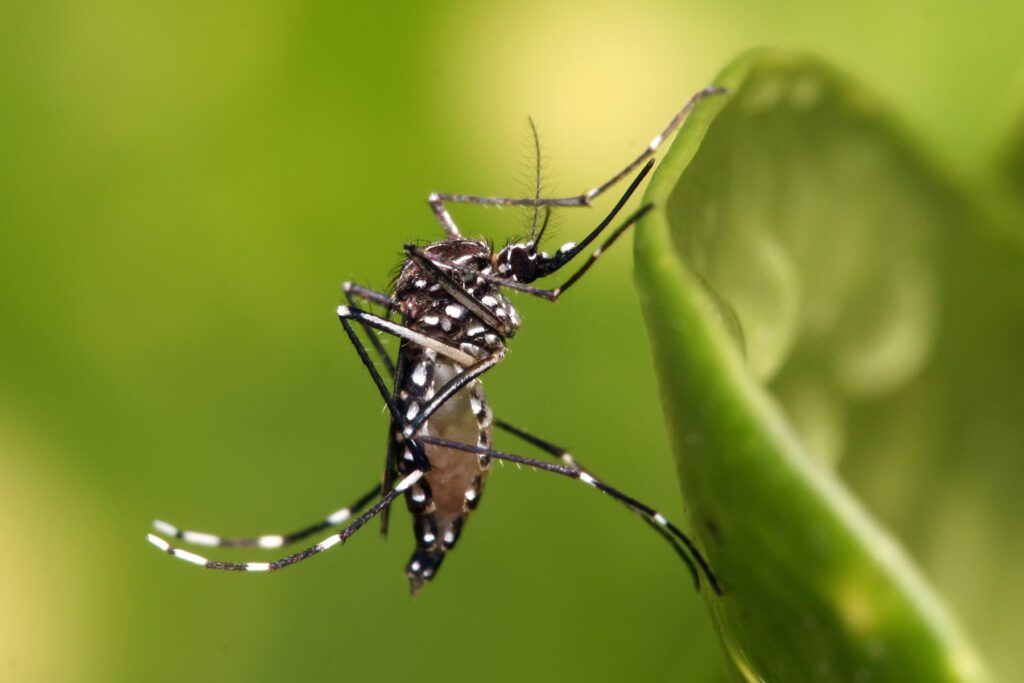More than encapsulating the year’s zeitgeist, the London-based publication also aims to introduce new terms to readers through its annual list of favorite words.
Over the past few weeks, The POST has been religiously documenting the Word of the Year picks of our most trusted dictionaries. Far from being mere frivolity or keeping up with trends, the selected words are tiny time capsules that reflect the most definitive moments of a particular year.
This can be seen in the word “polarization,” for instance. Merriam-Webster’s 2024 Word of the Year, neatly encapsulates the current state of the world, one where we are deeply polarized in our views from politics to showbiz. Other Word of the Year picks such as those released by Cambridge, Collins, Dictionary.com, and Oxford Dictionary (“manifest,” “brat,” “demure,” and “brainrot,” respectively) have been driven by this year’s biggest online developments and pop culture moments.
While The Economist may not be a dictionary, it has also chosen its Word of the Year (more on this in a bit), as well as a list of its favorite words of 2024. These words are chosen, one per weekend, by the editors of its World in Brief section.
If the aforementioned dictionaries also base their selections on data, tracking a rise in search and usage, The Economist has a slightly different approach. It says in its Word of the Year article that the chosen words “offer a meander through our editors’ minds,” which are afterwards assembled into a collection then organized into “a small number of buckets.”
Related story: ‘Polarization’ is Merriam-Webster’s 2024 Word of the Year
Related story: ‘Demure,’ ‘manifest,’ ‘brat’: Internet-famous words make it to Word of the Year lists
Related story: What is ‘brain rot,’ Oxford Dictionary’s Word of the Year 2024?
An easy choice
Before we check out some of the most interesting ones among their list of favorite words, let’s first get to know its Word of the Year pick: kakistocracy. Kaki—what? We all are familiar with democracy and its opposite autocracy, but what on earth is a “kakistocracy”?
PerThe Economist’s own definition of the word, “kakistocracy” is the” rule of the worst.” The publication admits that it’s usually difficult selecting that one word that defines an entire year. “This is not the problem in 2024; the return of Donald Trump to the White House after a four-year absence is consequential not only for the world’s most powerful country but also for its neighbours and everywhere else,” it says.
For the editors at The Economist, “kakistocracy” captures “the mix of surprise, excitement and trepidation people feel as the MAGA (Make America Great Again) movement returns to power.”



It clarifies that if things went the other way and Kamala Harris had won the elections, they would have had a different shortlist. Had she triumphed over Trump, The Economist was considering “brat,” which the editors think describes Harris’ campaign which is “one of ‘vibes’ rather than policy.” British singer Charli XCX, the one responsible for popularizing the word, offered Harris that compliment (which in a more traditional usage is not really a compliment). “But Ms. Harris did not win, and so ‘brat,’ is unlikely to go down in history except as the answer to a trivia question,” The Economist states.
Going back to “kakistocracy,” the 181-year-old newspaper explains that it is not found in ancient sources, as it “seems to have been coined in English as an intentional antonym to aristocracy, which originally meant ‘rule by the best.’” Searches for the word saw spikes on Google Trends in the wake of Trump’s electoral victory.
Summing up its decision, The Economist says: “Kakistocracy’s snappy encapsulation of the fears of half of America and much of the world makes it our word of the year.”
Related story: In a time of AI and delulus, ‘authentic’ is Merriam-Webster’s 2023 Word of the Year
Related story: Oxford’s Word of the Year is ‘rizz.’ Here’s the year in words or a cultural snapshot of 2023
Related story: How to slay Gen Z Jargon 101
From ‘mpox’ to ‘gaokao’
More than just putting together a list of its favorite words and zeroing in on a Word of the Year, the London-based publication states that its intent is to introduce new words to its readers. Hence, most of the words that made it to its 2024 Favorite Words list are scientific, technical, or foreign.
Among the scientific terms that made it to the list are “mpox,” a viral infection formerly known as monkeypox that has a newly discovered strain that is raising alarm, and “aedes aegypti,” the mosquito species that spreads Dengue fever. Some of the technical words that secured a spot include “chiplets,” the smaller blocks into which a silicon chip can be broken down in order to create a more compact layout, and “digital twin,” which refers to a virtual representation of something, capable of modeling its behavior in real time.






With China taking on a much bigger role in world affairs, The Economist’s word-gatherers selected some Chinese words for the list such as “gaokao,” which refers to China’s notorious, highly selective university-entrance exam, and “runxue,” a term used by many young Chinese to convey their desire to flee the country. It also means “the art of running.” Despite its increasing global influence, The Economist says, few Chinese terms are in wider parlance in English, compared to, let’s say, Spanish or French, even German.
Other foreign words that made it to the list include everybody’s favorite “siesta,” an afternoon nap or rest period, which is still a serious business in Europe’s south; and “agunot,” a Hebrew term describing Jewish women who are stuck in unwanted marriages.
While The Economist recognizes how some internet-famous words have immensely shaped how 2024 has been, it believes that these are unlikely to last long. It compels us to ponder: “Will people still be saying ‘brat’ to mean something other than a spoiled child in 2034? Don’t bet on it.”
For the complete list of The Economist’s favorite words for 2024, visit this link.
Related story: Pantone’s Color of the Year 2024 evokes ‘thoughtful indulgence‘
Related story: The New York Times reveals its 2024 Most Stylish list—with some rather surprising entries
Related story: You can now find katsu, takoyaki, and other yummy Japanese dishes in the Oxford English Dictionary








